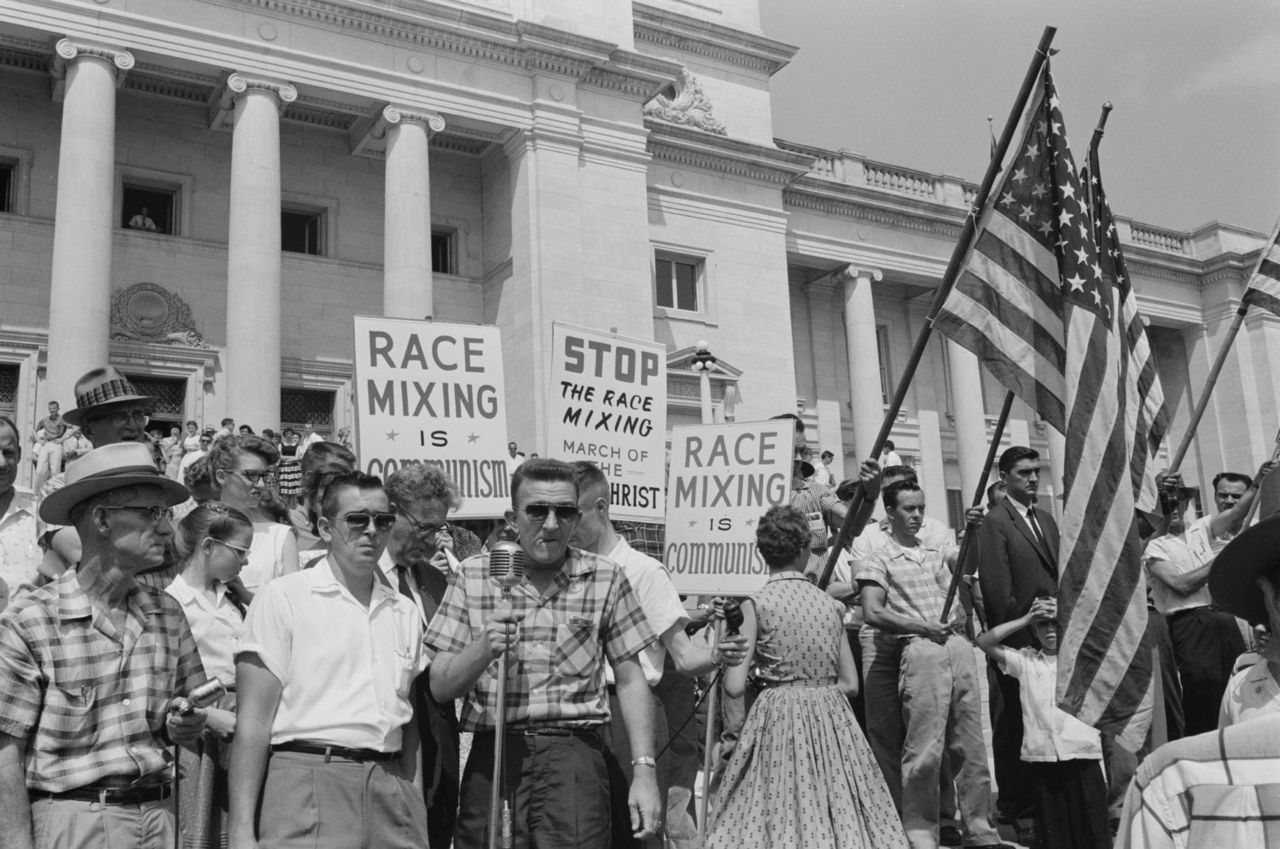Early Racism
They were marched into the classroom, single file, and lined up along the blackboard to face the roomful of white faces. It would be sheerest invention to say I remember everything about that day. The only things I recall had to do with questions about how my own situation was about to change.


